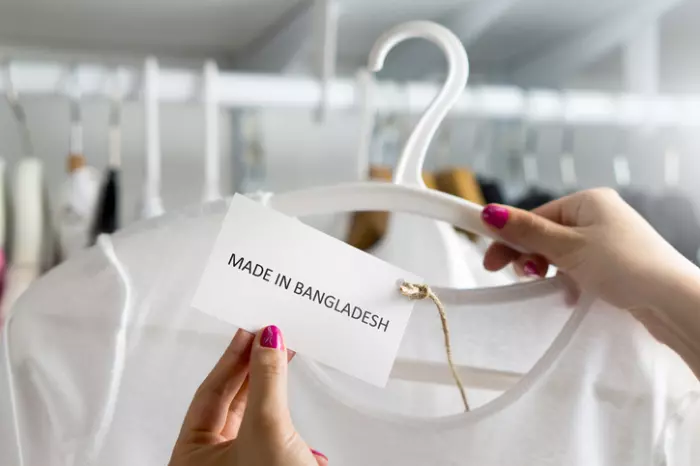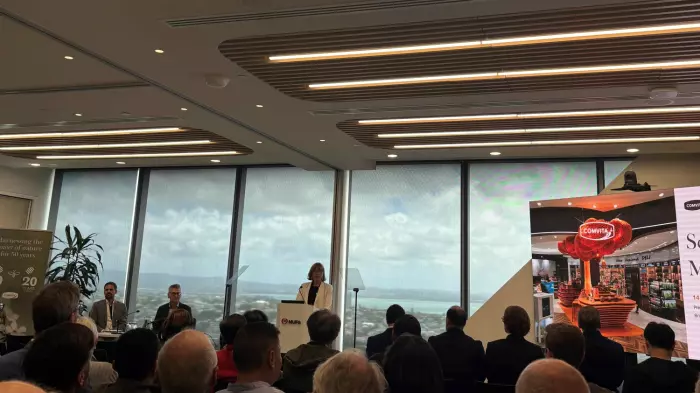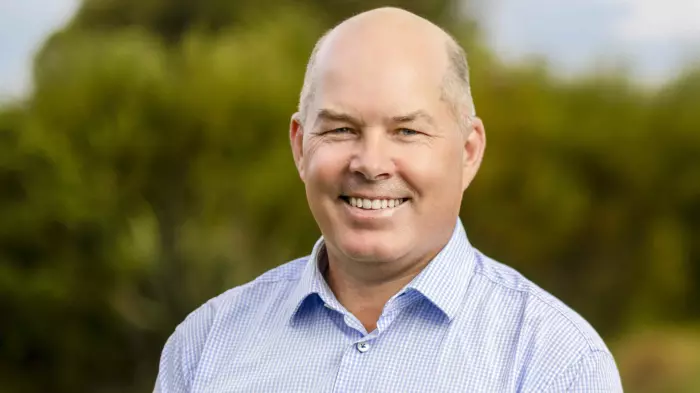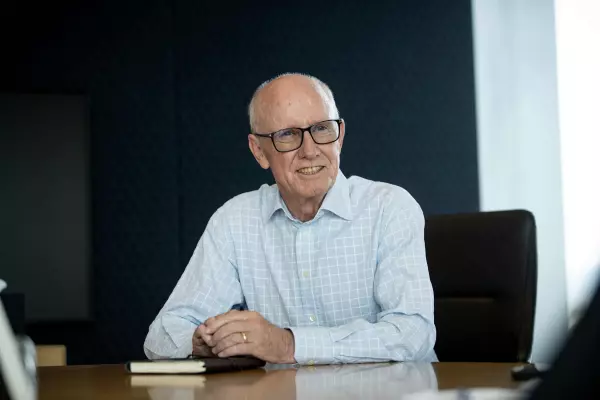Is modern slavery taking place in your supply chain? Unfortunately, for most global companies the answer is “yes”, particularly when products move through a long chain of producers, suppliers, distributors and retailers.
So, what is a supply chain? According to the Chartered Institute of Procurement and Supply, it’s “the core activities within an organisation required to convert raw materials or component parts through to finished products or services”.
For some companies, supply chains are relatively short and consist primarily of domestic suppliers. For others, things can be much more complex and involve multiple tiers of sub-suppliers located in different parts of the world. That’s particularly challenging for companies when it comes to identifying whether – and where – modern slavery or worker exploitation is taking place.
As a company, where do you start?
Firstly, it’s paramount that your suppliers understand what you stand for as a company. Develop a supplier code of conduct to include the company’s position on human and labour rights, health and safety, exploitation, workers’ rights and conditions, complying with, or surpassing national employment legislation, and so on.
Your code needs to be a living document, not something that gets uploaded onto your website and forgotten about. Ensure that it is regularly part of discussions when your procurement teams engage with suppliers, and have it signed off by each supplier’s owner or CEO.
Make it perfectly clear that compliance with your supplier code of conduct is a must and that non-compliance will potentially result in termination of the business relationship. Ensure that a senior executive within your organisation is responsible for ensuring suppliers comply with your expectations.
Mapping your supply chain
Your next step should involve mapping your supply chain in regard to exploitation risks. It’s imperative that your procurement team are involved in this process – they engage with suppliers and can provide insight into potential risk areas.
Remember, exploitation and labour-rights violations don’t take place only abroad. Look at your domestic suppliers first; do you have suppliers in New Zealand in an industry where there is a history of exploitation issues? Industries of concern would be those with a high percentage of migrants, low-waged, low-skilled workers, and contracting business models.
Also be aware of your own company’s procurement practices. Are you part of the problem? Are you driving down prices to an unsustainable level, resulting in suppliers cutting corners and exploiting workers?
Overseas supply chains present real challenges for companies, but inertia is not an option just because something is difficult. Start with your first-tier or immediate suppliers. Are they located in parts of the world where modern slavery and exploitation are widespread? Use tools like the Global Slavery Index published by the Perth-based Walk Free international human rights group, which can help you identify the geographical areas where modern slavery is most prevalent.
Modern slavery can take place in any industry but some sectors such as cotton, cocoa, clothing, fishing, and mobile phone manufacturing are riskier than others. Understand the risks within your own industry.
Also, remember that modern slavery doesn’t have a common definition. It’s a broad area, and an umbrella term for extreme forms of exploitation. Even if you never come across actual slavery, you might still encounter poor and unsafe working conditions, workers not being paid properly, or discrimination. Your obligation is to address and remedy those issues.
Again, start with those suppliers where you have the most influence and leverage, which tends to be your immediate or first-tier supply contacts. Your modern slavery risks may be further down the supply chain, or in your supplier’s supply chain, but it is critical that your first-tier contacts are firmly onboard.
In many cases they will be reluctant to divulge who their own suppliers are, due to the fear of being bypassed. This can be addressed by developing a trusting relationship with these suppliers and taking a collaborative, due diligence approach in addressing modern slavery risks.
Generally, it’s good to start by identifying those suppliers who are performing well and share best practice with other suppliers. If exploitation is identified in your supply chain, try to work with the supplier to improve conditions. In most cases it’s the workers who suffer the most when a company terminates the relationship with a supplier.
8 practical steps to take:
- Ensure a senior executive in your organisation is accountable for responsible sourcing.
- Develop a supplier code of conduct which covers workers’ rights, exploitation, etc.
- Ensure your supplier code is signed off at a high level.
- Map your domestic and overseas supply chains for potential human-rights risks.
- Engage with your first-tier suppliers; start with the well-performing ones and identify best practice.
- Share best practice across your first-tier supply chain.
- If breaches are identified in your supply chain, work with your suppliers to remedy the situation.
- Begin looking at the next level of your supply chain and ensure that your first-tier suppliers are involved in that process
Be aware there are also tools to help you assess your risk of modern slavery. Ethical Voice, powered by New Zealand-based insights company AskYourTeam, canvasses every single member of a workforce, completely anonymously, using a smartphone. Organisations can uncover potential risks across their whole business – and, indeed, their entire supply chain – using a tool like this.
Finally, be brave. Modern slavery has gone undiscovered (or simply ignored) for too long. Now, the New Zealand government is actively considering modern slavery legislation, having recently formed a Modern Slavery Leadership Advisory Group. Legal frameworks are coming. Prepare now, and protect your supply chain from modern slavery, worker exploitation and discrimination.
Daniel King is a sustainability professional with more than 20 years of international experience assisting organisations to manage risks in the areas of human and labour rights within global supply chains. He has implemented systems to comply with the UK and Australian modern slavery legislation, as well as preparing statements on modern slavery for the approval of company boards.










